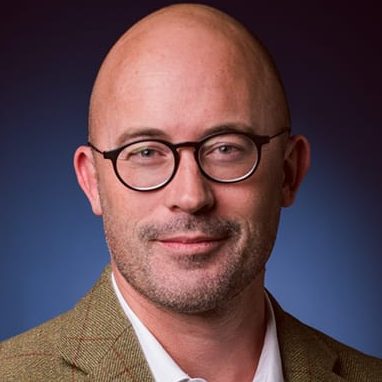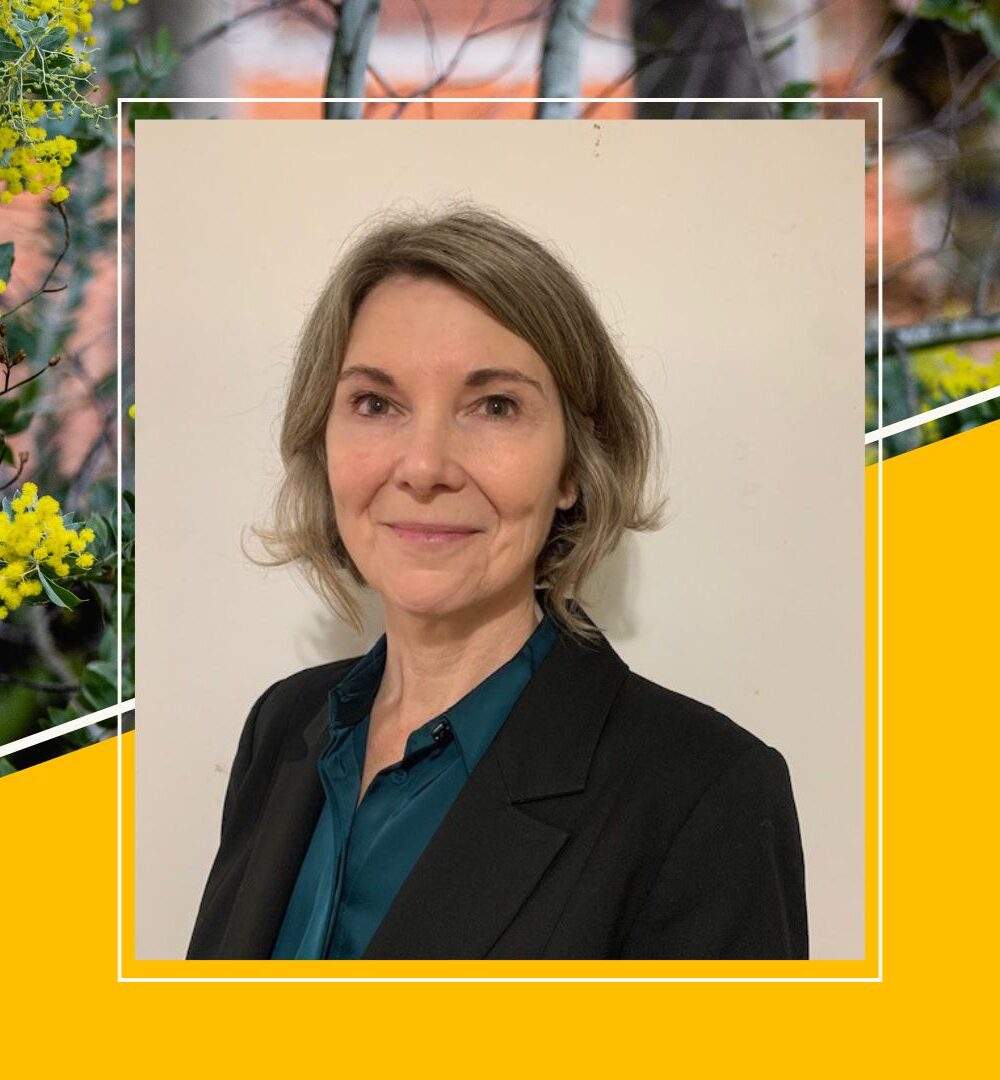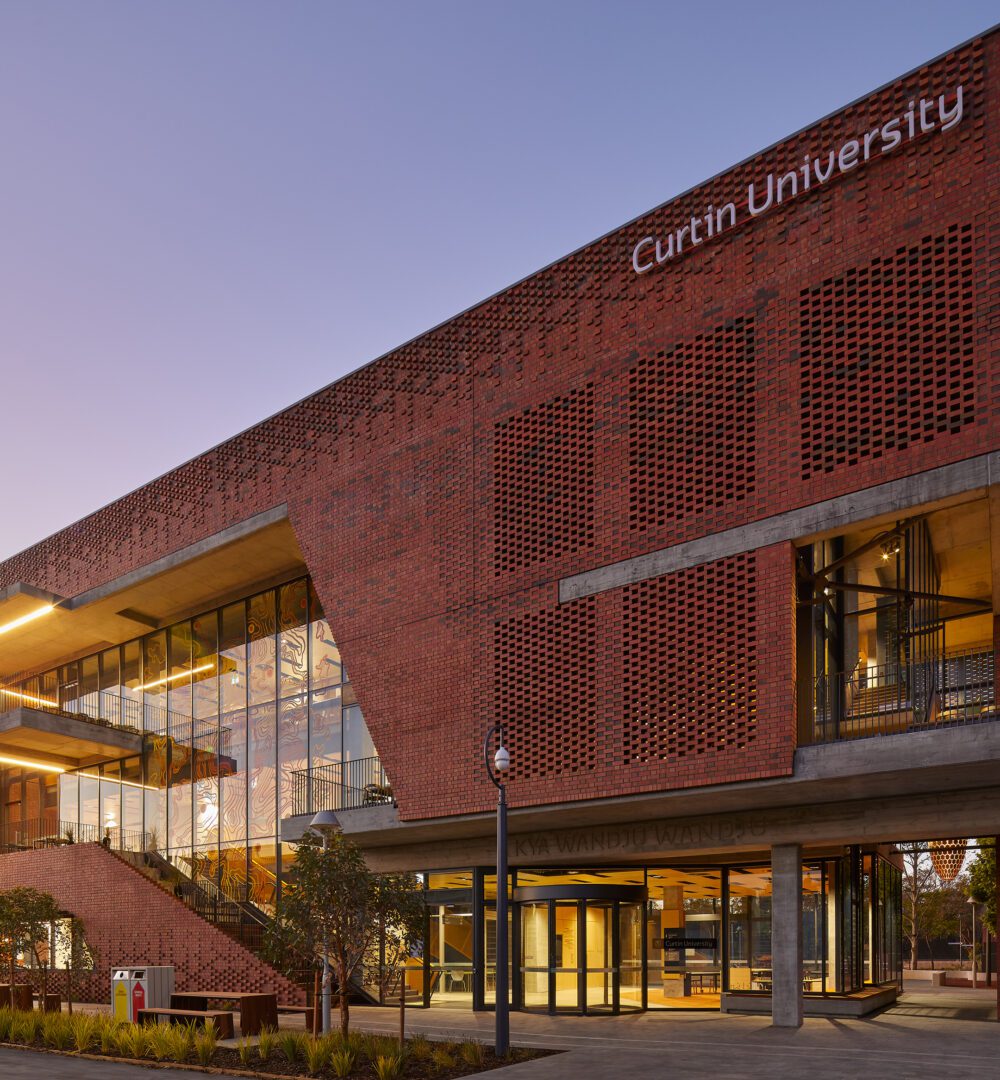Curtin finalists named in the 2019 Premier’s Science Awards

Four leading Curtin University researchers and two of the University’s science outreach programs have been named finalists in the 2019 Premier’s Science Awards, which recognise the achievements of Western Australia’s science community.
John Curtin Distinguished Professor Phil Bland, the Director of Curtin’s Space Science and Technology Centre, was today named a finalist in the prestigious Scientist of the Year category.
Dr Adam Cross, from the ARC Centre for Mine Site Restoration in Curtin’s School of Molecular and Life Sciences, is in the running to be named the Woodside Early Career Scientist of the Year.
PhD Student Mr Mustafa Atee, from Curtin’s School of Pharmacy and Biomedical Sciences, and PhD student Mr Samuel McSweeney, from Curtin’s node of the International Centre for Radio Astronomy Research (ICRAR), have been shortlisted for the ExxonMobil Student Scientist of the Year.
Curtin’s Autism Academy for Software Quality Assurance (AASQA), which harnesses the special talents of people with autism by providing training, education and work experience in the information and communications technology industry, is a finalist for the Chevron Science Engagement Initiative of the Year. The Curtin team recognised includes AASQA Founder and Director Professor Tele Tan, Professor Louis Caccetta, Dr Manora Caldera, Professor Sonya Girdler, Dr Marita Falkmer and Ms Claudia De Los Rios Perez.
Curtin’s STEMinist Project, which aims to increase the percentage of women in STEM professions, is also a finalist in the Chevron Science Engagement Initiative of the Year category.
Curtin University Deputy Vice-Chancellor Research Professor Chris Moran congratulated the Curtin representatives for being named finalists in the 2019 Premier’s Science Awards.
“Professor Bland, Dr Cross, Mr Atee, Mr McSweeney and the teams behind AASQA and the STEMinist Project have been recognised among Western Australia’s finest contributors to science for their outstanding research and exceptional community engagement, which are making a positive difference to our society,” Professor Moran said.
“Being named a finalist in the 2019 Premier’s Science Awards is a tremendous honour and I would like to congratulate each of the Curtin researchers who have been acknowledged among the State’s best leaders in science, technology, engineering and mathematics.”
Further information about Curtin’s finalists is outlined below:
Professor Phil Bland: Professor Bland’s research explores the origin and evolution of the solar system through the analysis of meteorites. This work has taken Professor Bland to meteorite ‘hot spots’ across the globe, ultimately leading to the establishment of the Desert Fireball Network in Western Australia, the multi award-winning Fireballs in the Sky outreach and citizen science program, and a partnership with global security and aerospace company, Lockheed Martin. Most recently, Professor Bland led the formation of the Space Science and Technology Centre at Curtin University – home to the largest group of planetary scientists in the Southern Hemisphere. The asteroid ‘(6580) Philbland’ is named in recognition of Professor Bland’s contributions to planetary science.
Dr Adam Cross: Dr Cross is a passionate ecologist and conservationist whose research transforms sterile mining landscapes into healthy ecosystems. His techniques are currently assisting the Australian mining industry in meeting regulatory requirements on landforms for which no previous rehabilitation strategies existed, and for which no successful revegetation has been demonstrated globally. The results are practical, scalable and economical, ensuring fundamental restoration science has been translated into end-user outcomes for industry partners. Dr Cross is also an internationally renowned expert on carnivorous plants, considered the world authority on two iconic genera (Aldrovanda vesiculosa and Cephalotus follicularis). Recognition of Dr Cross’s research excellence is highlighted by the award of the 2014 Perth Zoo Prize for Conservation Research for his seed biology studies.
Mr Mustafa Atee: As part of his PhD in clinical pain management, Mr Atee developed a novel artificial intelligence-assisted pain assessment system to evaluate the presence and intensity of pain in people with dementia. The results of his PhD will have a direct impact on the care of dementia patients, and also of non-verbal populations such as preverbal children and the critically ill. This will help to reduce suffering and improve quality of life for non-verbal individuals who suffer from pain. Mr Atee’s work has been recognised in a number of Western Australian and national innovation, research and technology awards such as Innovator of the Year, Incite Awards, iAwards, and AMY Awards. In 2016, Mr Atee won the Creative Innovation Global Scholarship and the ACS Gold Disruptor ICT Researcher of the Year Award.
Mr Samuel McSweeney: Mr McSweeney’s research yields important insights on the physical mechanism responsible for producing radio emission pulses from super-dense neutron stars that cannot be studied in Earth-based experiments. Aside from tackling one of the outstanding problems in astrophysics, known as the ‘radio pulsar emission mechanism’, this work has broader implications for developing high powered telescopes used in gravitational-wave science. Mr McSweeney’s work has received formal recognition, most notably the 2018 Ken and Julie Michael Prize for the most outstanding piece of research in the field of radio astronomy science, and the prize for best research presentation at the 2018 International Centre for Radio Astronomy Research Student Day conference. His work currently informs and directs future research on pulsars proposed for the Square Kilometre Array, an international project to build the world’s largest radio telescope.
AASQA: The Autism Academy for Software Quality Assurance (AASQA) is an innovative social initiative that takes evidence-based, engaging and effective approaches to support individuals with autism and their families, at all stages of life. Drawing on the wealth of autism research at Curtin University, AASQA has designed a suite of resources for people with autism, starting in their first years of high school, building interest in STEM education and providing pathways to training and employment in STEM industries. For its outstanding contribution to the community and economy, AASQA has won the Business and Higher Education Roundtable Award for Outstanding Collaboration for National Benefit (2018) and the WAITTA/Incite Award for Most Impactful Social Benefit (2016). Professor Tele Tan from AASQA won the 2016 ACS Gold Disruptor Award for IT Education in Australia.
STEMinist Project: Established in 2015, the STEMinist Project aims to increase the percentage of women in STEM professions by increasing the visibility of STEM women in the community, empowering primary school students to engage in science, and developing STEM capacity in the next generation of female educators. The project also impacts on the upskilling of preservice educators in STEM with workshops delivered in metropolitan, regional and rural areas in Western Australia and internationally. Initially self-funded by Curtin University project leaders, STEMinist received additional support from Belmont Rotary Club and has grown to become an international initiative with STEMinists being created in Indonesia and Malaysia. In 2017, the team won a UNESCO (AUS) and a National Association for Research in Science grant to take the STEMinist concept to India.
The winners of the 2019 Premier’s Science Awards will be announced on 13 August 2019.
For more information about the Premier’s Science Awards, visit here.



